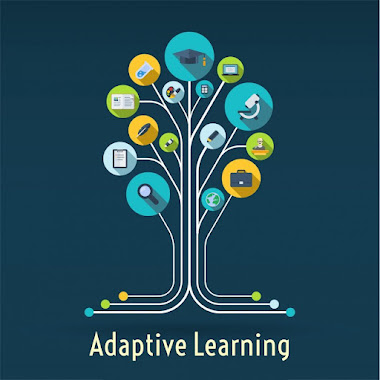Four Theories Behind Adaptive Learning
1. Metacognitive Theory
2. Deliberate Practice Theory
Another
theory that powers the personalization behind adaptive learning is the theory
of deliberate practice. It emphasizes why it's essential for learners to
understand their weaknesses. Based on this theory, an adaptive learning system
offers learners new content by modifying the existing one according to their
weaknesses.
3. Theory of Fun for Game Design
The
theory of fun for game design is another theory that powers the personalization
behind adaptive learning. And to balance the theory of deliberate practice,
which suggests how learners can challenge themselves, there's a need for the
theory of fun for game design. The theory suggests that employees can achieve a
maximum level of engagement when they feel challenged to some extent.
4. Ebbinghaus Forgetting Curve
The Ebbinghaus curve happens to be the last theory that powers the personalisation behind adaptive learning. It suggests that learners must aim for long-term memory at the time when they are about to forget it. By so doing, they are able to learn and acquire new knowledge.




Comments
Post a Comment